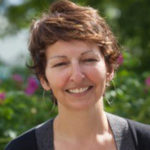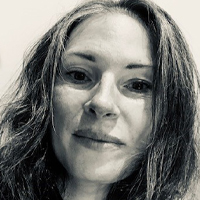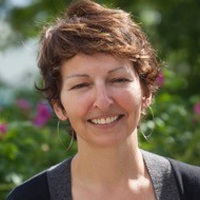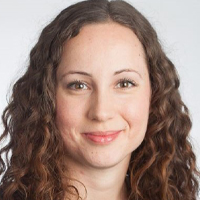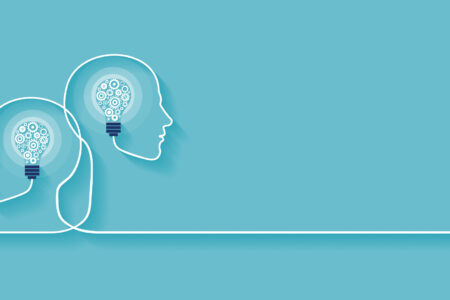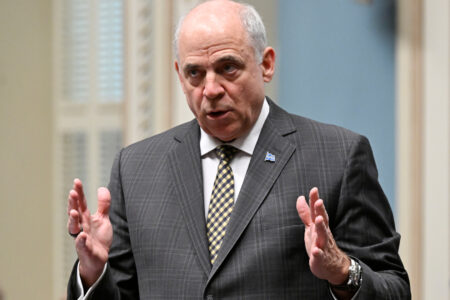
Indigenous youth are the youngest, fastest growing segment of Canada’s population. They hold tremendous potential to contribute to and transform the country’s economic, political and cultural life. The key to unlocking this full potential is education. The Truth and Reconciliation Commission’s Calls to Action state that education is essential as well to the national project of reconciliation.
Yet education attainment levels for Indigenous youth lag well behind those of their non-Indigenous counterparts. Only 44 percent of Indigenous youth on reserve complete high school compared with the Canadian average of 88 percent. This leads to much lower post-secondary completion rates, a situation as predictable as it is unacceptable. Only 15 percent of First Nations people on reserve have a university degree, and the number for those off reserve is marginally better at 23 percent compared with 45 percent of the non-Indigenous population.
This educational inequality is a longstanding persistent problem. Many Indigenous youth struggle in an education system that has failed them.
Work underway at Vancouver Island University (VIU) in partnership with the Mastercard Foundation’s EleV Program is engaging with Indigenous youth and Indigenous communities to spark new and innovative approaches to post-secondary education. The project at VIU, which started in 2017, is focused on providing scholarships that magnify existing Indigenous education funding and culturally relevant programming and supports for Indigenous students.
Programming is designed and adapted based on “co-creation,” in which the university works in deep engagement and partnership with Indigenous communities. This encompasses a call to improve educational attainment levels and success rates for Indigenous students, and for post-secondary institutions to integrate Indigenous knowledge and teaching methods.
The broad goal is an overall systems change in post-secondary education. It is about nothing less than finding ways to decolonize post-secondary institutions.
Learnings from VIU illustrate four key recommendations in how this might be furthered on the journey toward decolonizing post-secondary institutions.
Incorporate Indigenous values and knowledge into the classroom
Educational institutions in Canada overwhelmingly reflect Western frameworks in their structures, processes, physical spaces and in what is taught and how.
Incorporating Indigenous values into the classroom can make a real difference. Indigenous students feel seen and heard when values such as reciprocity, whole person learning and intellectual knowledge combined with physical, spiritual and emotional knowledge is incorporated.
Decolonize student services by providing whole person networked support
Indigenous Education Navigators are an essential part of EleV’s successes at VIU. Navigators provide holistic, wrap-around support to Indigenous students. This includes coordinating closely with the students’ Nations, communities and other university and social services.
They decolonize student services by providing individualized, culturally relevant supports; building authentic, trusting and family-like relationships; working irregular hours so they are available when needed; and providing comprehensive outreach to understand whole-student needs.
Navigators help students steer their way through their new physical space – everything from finding suitable accommodation to taking them grocery shopping – and understanding their post-secondary administrative space, like faculty, bureaucracy and funding policy.
Overall, students emphasized the importance of having a single, trusted connection in their new environment.
A holistic approach means also recognizing the importance of family. Many Indigenous students are first-generation post-secondary learners, and it is important to engage families in their transition process.
Family members say they benefit from more information about what to expect because it helps them support the student as well. This dynamic is important especially in the beginning of a student’s learning journey.
Rethinking university accommodation and withdrawals to recognize a “winding path”
One of the key findings in EleV learning has been that for many Indigenous students, completing post-secondary education is a winding path rather than a straight line. Roughly 25 percent of Indigenous students at VIU withdraw from their studies.
Some pause their education for family or ceremonial obligations that can take place during the school year. There is recognition that, due to the systemic inequities caused by colonialism, trauma is more prevalent among Indigenous students. Some are going through a healing journey alongside their learning journey.
Regardless of the reason, navigators will support students in the withdrawal process to ensure they have set themselves up for success should they wish to return to school. This includes following all withdrawal procedures correctly so, for example, there are no outstanding fees, no negative impacts on future funding, and no “F” on the student’s transcript.
The overall approach is to understand that Indigenous students are not necessarily “dropping out” but “stopping out” for a time.
Building deep relationships with Indigenous communities for ongoing listening and co-creation
One of VIU’s fundamental values is working to build and maintain positive reciprocal relationships with Indigenous communities across the three language groups on Vancouver Island: the Coast Salish, Nuu-chah-nulth and Kwakwaka’wakw territories as well as the Métis Nation.
The working group, comprised of Nuu-chah-nulth Tribal Council members, VIU staff and faculty and the superintendent of School District 84, in the northwest corner of Vancouver Island, focuses on Indigenous student pathways through education. The working group has found that culturally relevant curriculum – inclusive of the wisdom coming from communities and the land – is essential to healthy student transitions. For such a curriculum to exist, communities must lead this development and be comfortable in doing so working with schools, teachers and universities to explore what knowledge can be shared in the best interests of the students.
Through EleV, VIU’s ongoing communication with communities has evolved into a deeper and more comprehensive partnership that is more than input and advice. Community engagement and leadership is integral to the design as well as the ongoing development of programming supporting Indigenous students. Co-creation working hand-in-hand with communities is essential not only for supportive programming but also for educational content and curriculum.
An ongoing journey
Moving toward true Indigenization and decolonization at universities requires hearing Indigenous voices within existing governance structures and seeing Indigenous people in faculty positions and leadership roles on campus. Indigenous people must be actively informing university curriculum, teaching and learning, research, policies and program development if we are to see systemic change impacting students.
Almost 30 years after Verna J. Kirkness and Ray Barnhardt wrote First Nations and Higher Education: the Four R’s – Respect, Relevance, Reciprocity, Responsibility, we are beginning to see movement toward education for Indigenous students that “respect[s] learners for who they are, that is relevant to their view of the world, that offers reciprocity in their relationships with others, and helps them to exercise responsibility over their own lives.”
We will build on these early lessons learned and are committed to increasing momentum and progress to support the youngest, fastest growing population in the country: Indigenous youth. This is about reconciliation and our shared future.
This article is adapted from Lessons for Decolonizing Post-Secondary Institutions. The full article can be found on The Ripple Effect Project, VIU’s Office of Aboriginal Education and Engagement blog.
Photo: Duncan, BC, in the Cowichan Valley on Vancouver Island. Shutterstock.com, by Chase Clausen





